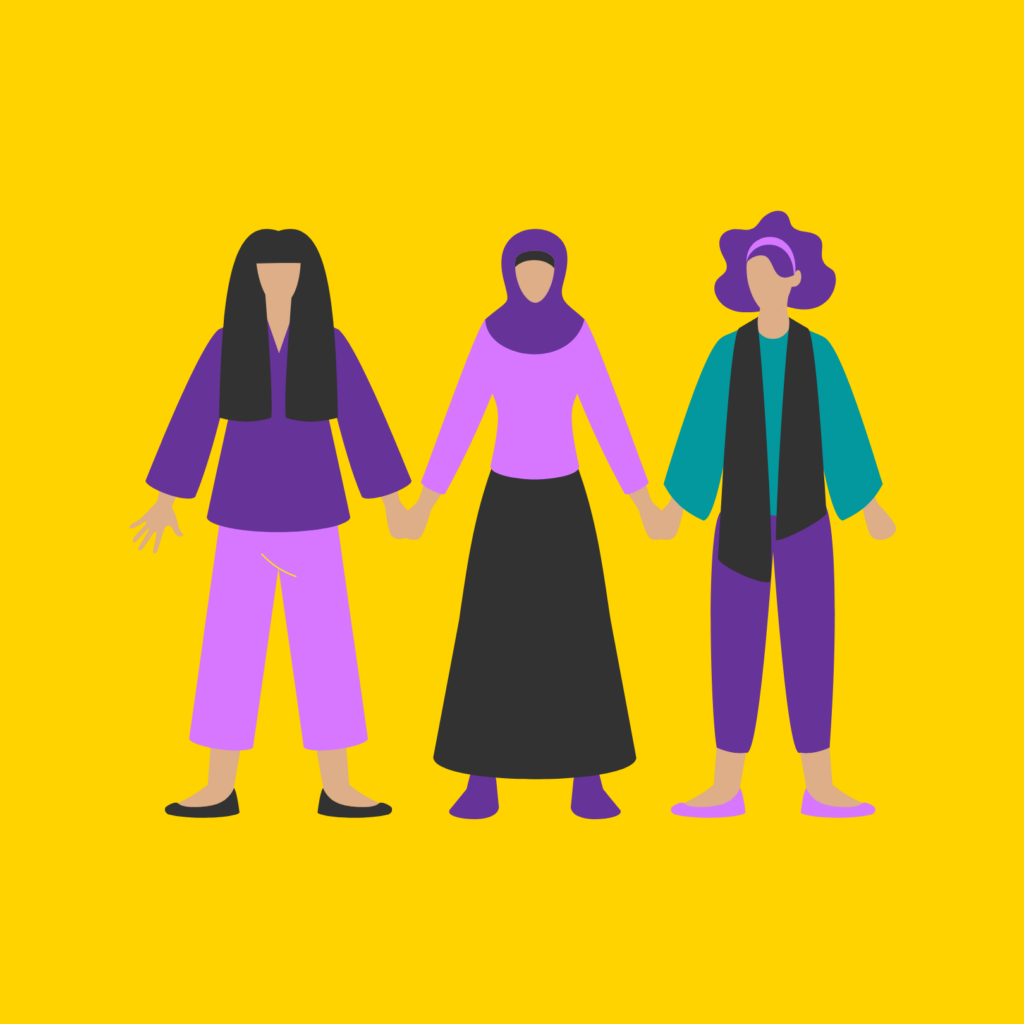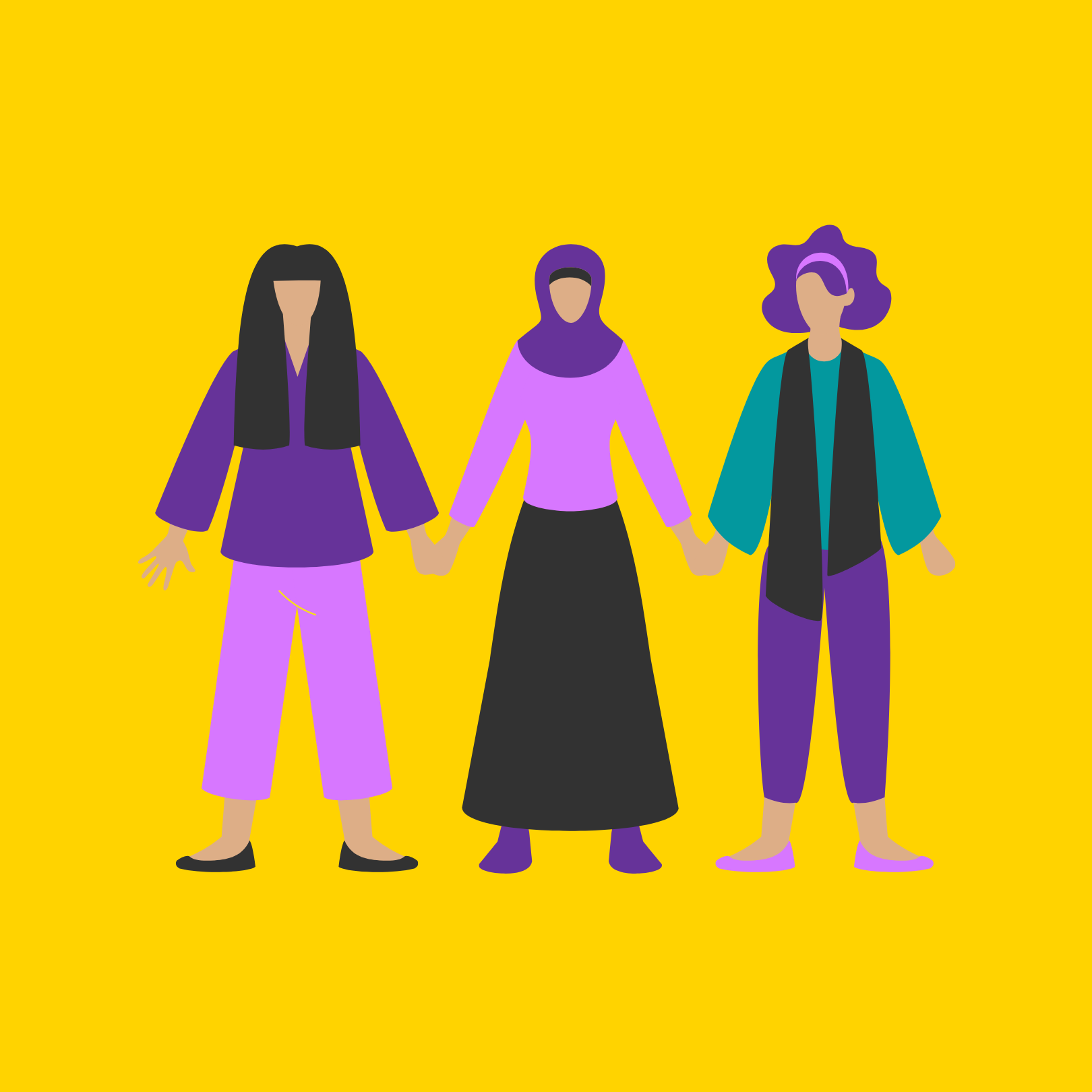From the introduction:

To this day, intersex individuals (also called: persons with a variation of sex characteristics), including but not limited to intersex women and girls experience severe fundamental rights violations across the EU.
While intersex persons share the experience of structural and every day discrimination, as well as being targets of harassment, violence and hate speech with other highly vulnerable groups of the population, intersex persons are subjected to a form of harmful practice that is specific to them: intersex genital mutilation (IGM), i.e. non-vital, medical interventions to which persons born with a variation of sex characteristics are subjected to – often already in infancy or early childhood – without their free, personal and fully informed consent.
These interventions aim to align their bodies with normative concepts of how a “female” or “male” body should look like.
Intersex genital mutilation is flanked by other harmful practices, including but not limited to unconsented hormonal treatment, sterilisation or coerced and forced abortion of intersex foetuses on the grounds of their variation of sex characteristics.
IGM has been identified by international human rights bodies, including the United Nations treaty bodies, as harmful practice, amounting to torture: Since 2009 UN committees, including the UN CEDAW, have issued 35 recommendations to 16 European Union member states, and called on them to end these and other violations of intersex persons’ fundamental rights.
The European Commission in its LGBTIQ Equality Strategy 2020-2025 has equally identified “non-vital surgery and medical intervention on intersex infants (intersex genital mutilation)” as “harmful practice”.
Within the still existing binary framework, which recognizes only male and female, women generally face far greater discrimination than men, as they are oppressed by power imbalances and harmful stereotypes that exert a strict control over their bodies and sexuality.
This is equally evident in the medical establishment’s treatment of intersex people.
In particular in the case of intersex women and girls, such practices are rooted in misogyny and a still prevalent understanding about the right of others to “fix” women who do not comply with societal norms.
Download the full submission here:
More information about the initiative:
https://ec.europa.eu/info/law/better-regulation/have-your-say/initiatives/13110-Prevention-of-harmful-practices-against-women-and-girls_en


